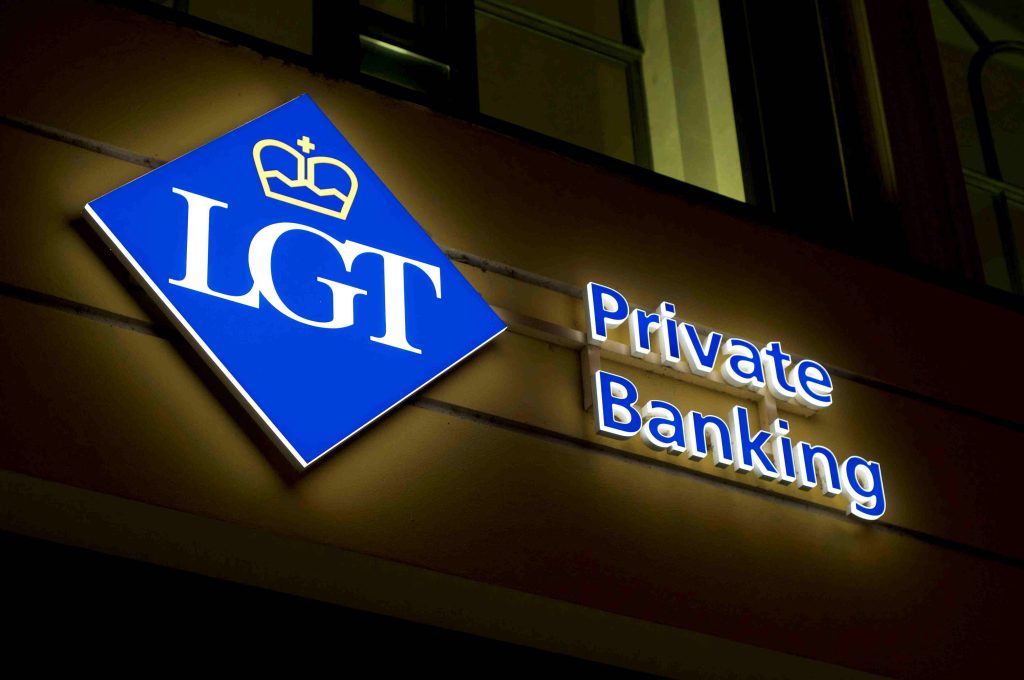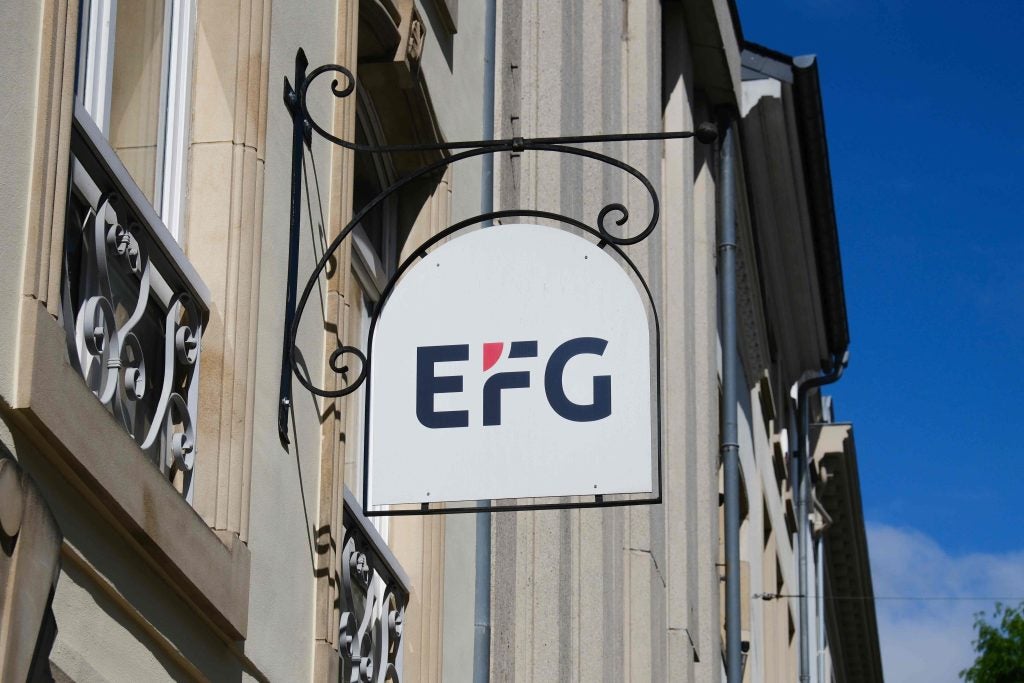
Will the UK Going Cashless Leave People Behind
Cash is king. The popular locution is a mainstay in pop culture. However, the traction the idiom has gained in movie vernacular doesn’t make it true. In fact, physical money is on the way out and has been for some time.
The UK has been sluggish to transform into a cashless society in the past. Covid-19 changed that. At the start of the pandemic, people feared that bills and coins could carry the contagion. Many businesses who had previously been reluctant to swap cash for contactless payments have made the transition over the past two years. The trend is unlikely to be reversed now that most of the social restrictions are easing.
The UK going cashless isn’t without risks. The dash for cash could leave 11.5 million people in the UK behind, a report from ATM network Link warned in March 2022. The alarmed authors worried that bank branch closures and the digitalisation of retail could leave vulnerable people who are at risk of spiralling into debt, becoming isolated from others or losing trust in the financial system altogether. Similar warnings have been raised by likes consumer advocacy group Which? and different market stakeholders.
However, embedded finance provider YouLend believes those fears are overblown. Done right, the company’s chief commercial officer Jakob Pethick believes it can actually make life easier for people.
“Rather than intended to isolate members of society, the move to cashless is reflective of businesses listening and responding to consumer trends and preferences,” he tells Verdict. “It’s not about reducing the number of payment options – but increasing them. Most businesses will likely offer a mix of payment options with their audience demographic in mind, realising the benefits of the cashless revolution simply by giving their customers more choice.
“Furthermore, going cashless doesn’t necessarily mean alienating the vulnerable. For example, the Indian government has pushed the cashless agenda to tackle corruption and crime, and to draw in millions who currently live at the margins of society. One element of this is Aadhaar, a digital identity/authentication that relies on fingerprint biometrics. When linked with bank accounts or other methods, Aadhaar lets users authenticate payments, regardless of their literacy, income or access to formal banking.”
How well do you really know your competitors?
Access the most comprehensive Company Profiles on the market, powered by GlobalData. Save hours of research. Gain competitive edge.

Thank you!
Your download email will arrive shortly
Not ready to buy yet? Download a free sample
We are confident about the unique quality of our Company Profiles. However, we want you to make the most beneficial decision for your business, so we offer a free sample that you can download by submitting the below form
By GlobalDataYouLend and payment service provider Dojo teamed up the other week to release new research arguing that not only would going cashless give customers more options, but also that it would be a huge boon to SMEs. Benefits listed included it being safer and faster than money transactions.
“The biggest driver is rising awareness among merchants that cashless brings wider opportunities,” Pethick, says “Not only do customers now use less cash, but card payments also help businesses better manage their cash flow and time – crucial for survival in today’s challenging economic landscape.”
The research predicted that the UK could be close to cashless within the next four years. There’s no shortage of research from other sources pointing in the same direction. According to GlobalData’s Payment Instrument Analytics, the volume of cash transactions stood at 20.8 billion in 2012. Comparatively, payment cards and mobile wallets were used in 10.5 billion and mobile wallets 304 million transactions respectively. But between 2012 and 2021, cash transaction volume recorded a compound annual growth rate of -13.7%, with most payments in the UK now taking place using non-cash options.
When it comes to being cashless, the UK is behind countries in Scandinavia. Some 17% of all transactions in the UK in 2020 were cash transactions. In Norway, banknotes and coins were used in only 4% of transactions. So what’s holding back Blighty?
“Most people in the UK who still rely on cash do so because of convenience, trust and choice issues,” Pethick says. “Ensuring trust in card payments is crucial for consumers, banks and merchants alike. As adoption of cashless payments increases, we can expect a lot more trust as a result of social proofing, leading to a compounded growth in these newer payment solutions.
“One study in Tanzania explored the impact of social proofing for digital payments by sending text messages to participants from peers discussing their use of digital payments. The result was a 26% increase in customers making a digital payment compared to the control group. The number of digital payments per customer also increased by 30% when compared to the control group.
“Ultimately, the answer lies in making sure that people know that even as cash becomes rarer, they still have options and freedom. Look at Sweden – although it experienced similar reservations to the notion of a transformation into a fully cashless nation from certain groups that are dependent on traditional currency, Riksbanken, the central bank of Sweden, overcame this by making sure that cash services are still provided.”
GlobalData is the parent company of Verdict and its sister publications.







